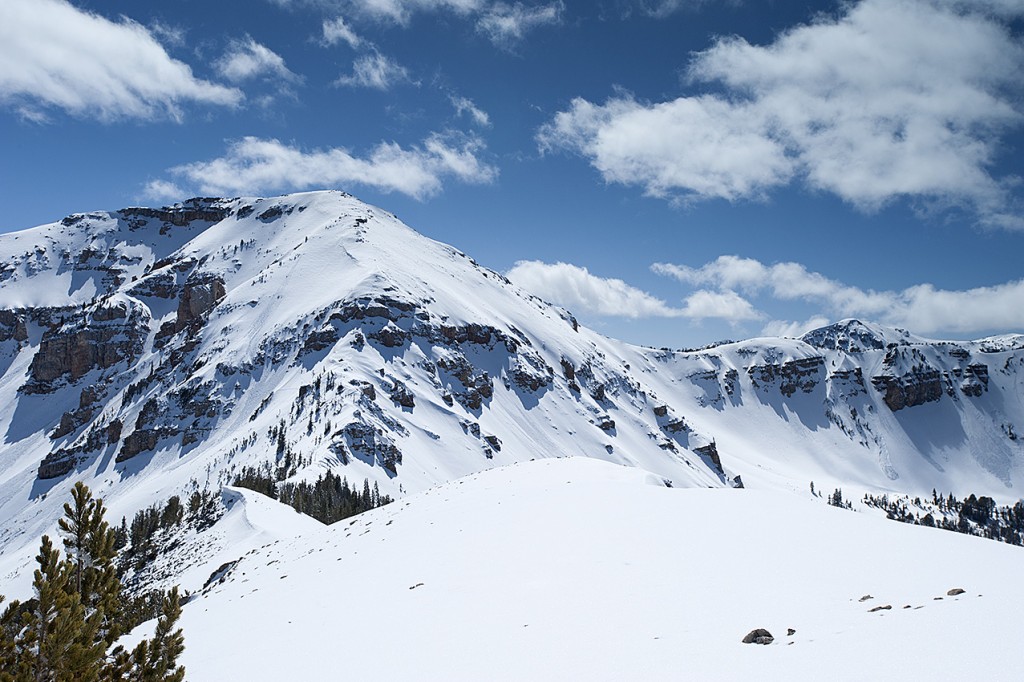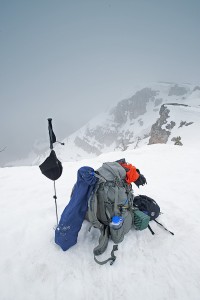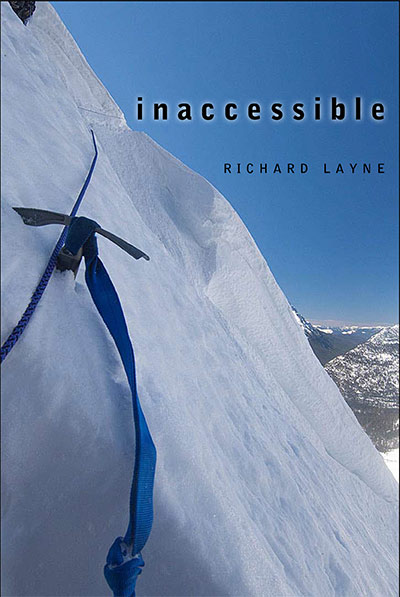

One of the main issues I am grappling with on the Continental Divide route, one that is only going to be behind me when I travel through the area, is the steep avalanche slopes in Henrys Lake Mountains (HLM), near West Yellowstone, Montana and Island Park, Idaho. One might expect that the Bitterroot Range, due to its much larger size of hundreds rather than 20 miles, would be far more vicious, which it would but for the powder prone snow of February when I will be in HLM. I will enter the Bitterroots in March and April, a time when the snowpack will likely have a crust to snowshoe on and a stable snowpack that is less prone to avalanche.

Getting my load weight down is part of the key to a successful undertaking of HLM in February. However, if I remove too much food, fuel, or equipment, more than jeopardizing the trip with another failure, the question of survivability might arise. On the other hand, too much weight with backup supplies and equipment could make the already difficult ascents and descents impossible to get through in the deep powder of the higher elevations. In addition, the heavier the load the more prone I will be to injury during descents.
I love the challenge, to use what God has given me, the practiced brain, fit body, the incredible equipment, and afterwards should I fail, not blame God or anyone else. The challenge is to get it right before the trip begins, or close enough where I will only need to make small adjustments on the route to be successful.
In spite of my concern, the reality is that this area is only a sub-challenge, part of a series of confrontations that together make up the main event, over 300 miles of snowshoe travel, #WinterOnTheDivide.

